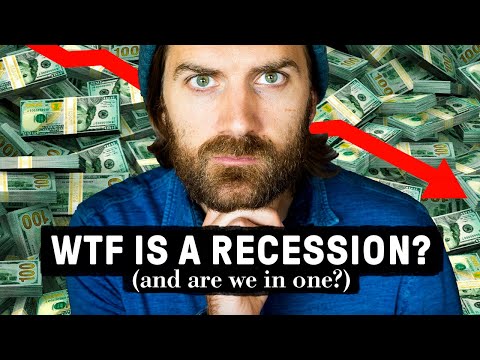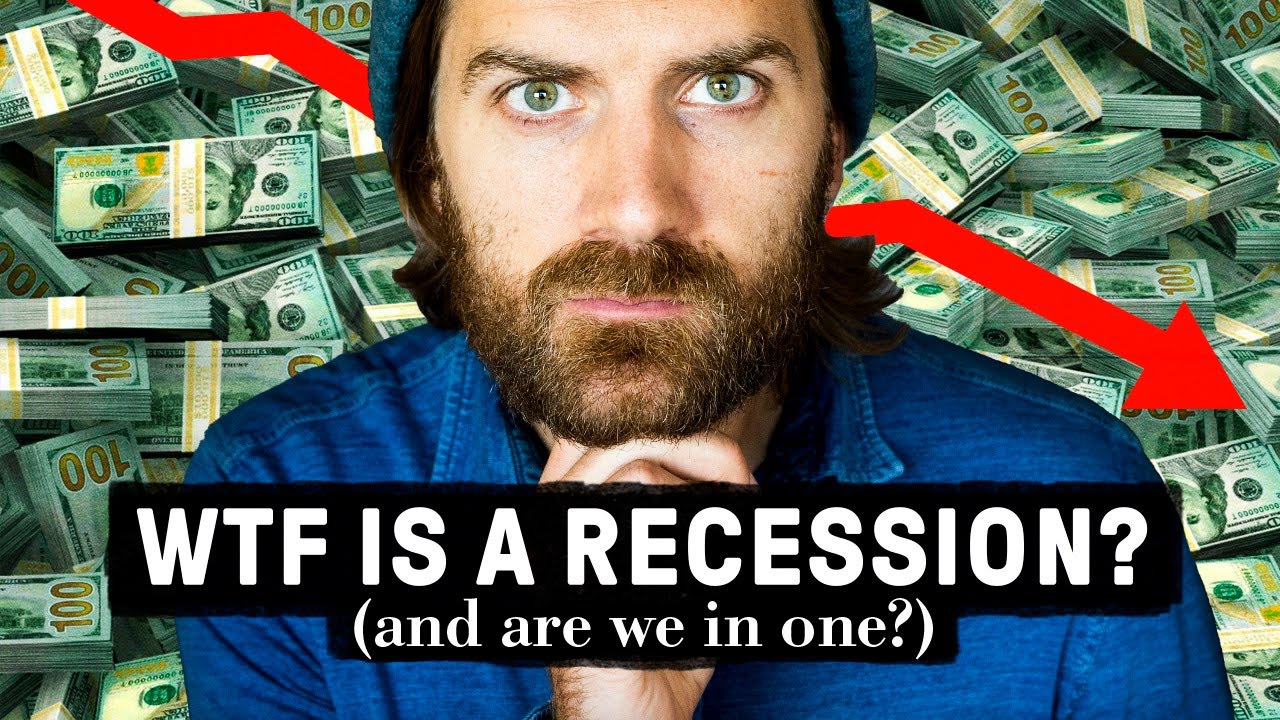What happens if there is a recession? A recession, characterized by a significant decline in economic activity, can have far-reaching consequences that impact various aspects of society. Jobs become scarce as companies downsize or close their doors altogether, leading to increased unemployment rates and financial instability for individuals and families. Investments take a hit as stock markets decline, leaving investors anxious about their portfolios and retirement savings. Consumer spending dwindles as people tighten their budgets, causing a ripple effect on businesses that rely on customer purchases. However, recessions also bring forth opportunities for growth and change. They can prompt governments to implement stimulus packages and economic policies to revive the economy, potentially leading to innovation and new industries. Individuals may discover hidden talents or explore alternative career paths during periods of economic downturn. Furthermore, societies tend to become more resilient as they learn from past recessions and implement measures to mitigate their impact in the future. While a recession can be a challenging and uncertain time, it also presents an opportunity for adaptation and resilience on both personal and societal levels.

Effects of a Recession
| Aspect | Description |
|---|---|
| Economic Growth | During a recession, there is a significant decline in economic growth, with negative effects on the overall GDP (Gross Domestic Product). This is often characterized by a contraction in various sectors, such as manufacturing, construction, and retail. |
| Unemployment | One of the most visible consequences of a recession is a rise in unemployment rates. As businesses struggle to maintain their operations, they often resort to workforce reductions, resulting in job losses. This leads to a decrease in disposable income, consumer spending, and overall economic activity. |
| Financial Markets | Recessions typically trigger significant turmoil in financial markets. Stock prices tend to decline due to investor pessimism and reduced corporate profitability. Bond yields may also decrease as investors flock to safer investments, such as government bonds, causing a flattening or inversion of the yield curve, which can be indicative of economic instability. |
| Consumer Confidence | During a recession, consumer confidence tends to plummet. Heightened economic uncertainty and fear of job losses lead individuals to reduce their spending and increase their savings. This decline in consumer spending further exacerbates the economic downturn, negatively impacting businesses across various industries. |
| Government Intervention | Governments often intervene during a recession to mitigate its effects and stimulate economic recovery. They may implement expansionary fiscal policies, such as increased government spending or tax cuts, to boost aggregate demand. Additionally, central banks may lower interest rates and implement monetary easing measures to encourage borrowing and investment. |
| Global Implications | Recessions can have far-reaching implications beyond national borders. As countries are highly interconnected through trade and financial systems, a recession in one country can quickly spread to others. This is particularly evident in the era of globalization, where economic shocks can rapidly transmit across continents, leading to a global economic slowdown. |
Unraveling the Enigma: Unveiling the Causes of Recessions
What Happens if There is a Recession?
In times of economic uncertainty, one term that often comes up is “recession.” A recession is defined as a significant decline in economic activity that lasts for an extended period. During a recession, several changes occur in various aspects of the economy that can impact individuals, businesses, and governments. This article aims to explore the consequences of a recession and the effects it has on different sectors.
1. Unemployment Rates Soar
One of the most noticeable impacts of a recession is the rise in unemployment rates. During an economic downturn, businesses face financial constraints, leading to reduced production and cost-cutting measures. As a result, organizations may lay off employees to reduce expenses and maintain profitability. This surge in unemployment can be devastating for individuals and families, as it leads to decreased income, increased financial stress, and a decline in overall consumer spending.
2. Decline in Consumer Spending
When a recession hits, people tend to become more cautious with their finances, leading to a decline in consumer spending. With job losses and uncertain economic conditions, individuals tend to save more and cut back on non-essential purchases. This decrease in consumer spending has a domino effect on businesses, especially those in the retail and hospitality sectors, as they experience a decline in demand for their products and services. As a result, businesses may struggle to generate revenue, leading to further layoffs and a vicious cycle of economic decline.
3. Stock Market Volatility
Recessions often trigger volatility in the stock market. Investors become wary of uncertain economic conditions and may start selling their stocks, leading to a decline in prices. This phenomenon is known as a stock market crash. A significant drop in stock prices not only affects investors’ portfolios but also impacts businesses’ ability to raise capital through public offerings. The decrease in stock market values can have far-reaching consequences, including reduced business investments and a slowdown in economic growth.
4. Government Intervention
During a recession, governments often step in to stabilize the economy and mitigate the negative effects. Governments may implement fiscal policies such as reducing interest rates, increasing government spending, and providing tax incentives to stimulate economic activity. These measures aim to encourage consumer spending, boost business investments, and create job opportunities. Additionally, governments may also introduce regulatory policies to prevent financial crises and promote stability in the financial sector.
5. Impact on International Trade
Recessions can have a profound impact on international trade. As economies contract, demand for imports decreases, leading to a decline in cross-border trade. This reduction in international trade can negatively affect countries that heavily rely on exports, leading to a decrease in their GDP. Additionally, protectionist policies may emerge during recessions, with governments imposing tariffs and trade barriers to protect domestic industries. Such measures can further exacerbate the decline in international trade and strain diplomatic relations between nations.
In conclusion, a recession brings about various consequences that affect individuals, businesses, and governments. It leads to a rise in unemployment rates, a decline in consumer spending, and stock market volatility. However, governments can intervene by implementing policies to stabilize the economy. Lastly, recessions also impact international trade, causing a decrease in cross-border transactions. Understanding these effects can help individuals and organizations prepare for the challenges that come with economic downturns.

